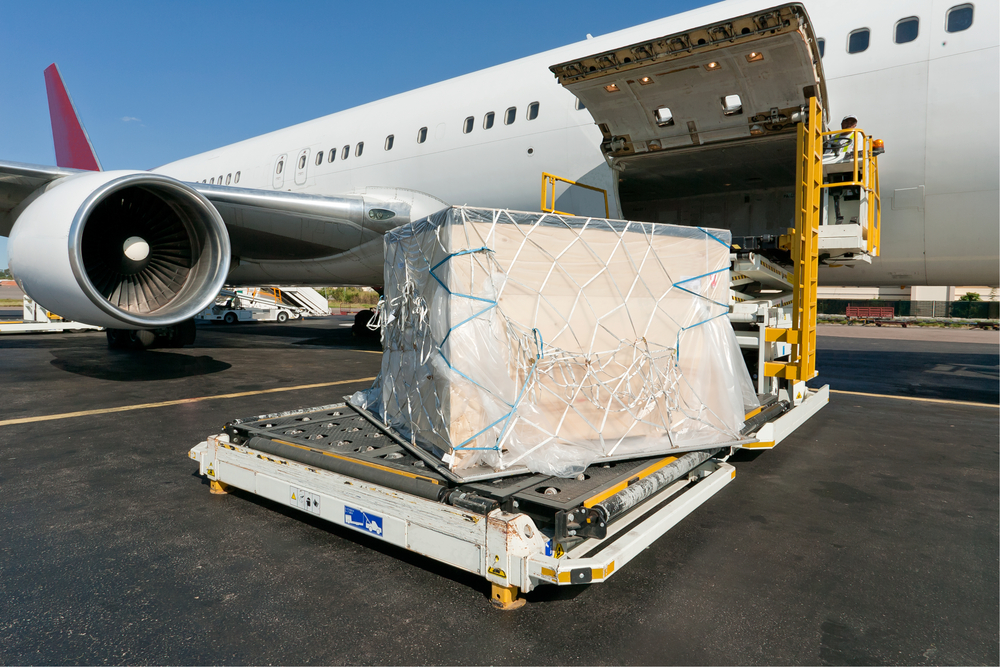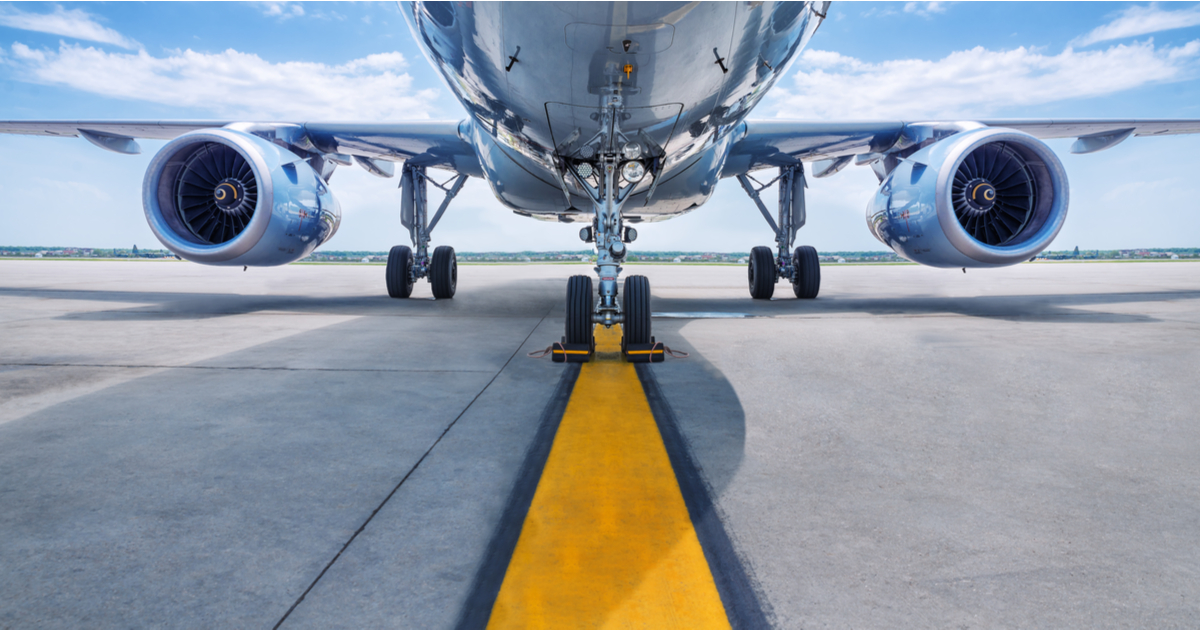In the vast web of global commerce, ensuring the safe passage of goods from one corner of the world to another is not merely a logistical challenge; it’s a regulatory maze fraught with complexities. Each country imposes its set of rules and standards governing the import and export of products, making the task of navigating these regulatory minefields a daunting one for businesses engaged in international trade.
The critical issue of product protection
At the heart of this labyrinth lies the critical issue of product protection. The correct specification of containers such as dolav pallets is essential when reassuring clients that their goods are going to be well protected during transit. However, the journey of a product across borders involves far more than just selecting the right packaging materials. It requires a comprehensive understanding of the diverse regulations that govern everything from packaging requirements to labelling standards, import duties, and customs procedures.
Regulatory compliance
One of the foremost challenges that businesses face in this regard is ensuring compliance with a myriad of regulatory frameworks. What may be perfectly acceptable packaging in one country could be deemed inadequate or non-compliant in another. Failure to adhere to these regulations not only poses a risk of delays and penalties but also jeopardizes the integrity of the products being transported. This is where meticulous attention to detail and proactive compliance strategies become indispensable.
Regulations – a constantly evolving landscape
The regulatory landscape governing international trade is constantly evolving, driven by factors such as changing consumer preferences, advancements in technology, and geopolitical shifts. As a result, businesses must remain vigilant and adaptable to stay abreast of the latest developments and ensure continued compliance. This requires ongoing investment in resources, training, and partnerships with experts who specialize in navigating the intricacies of global regulations.
Failure to comply
Failure to comply with international trade regulations can have severe consequences for companies operating in the global marketplace. Firstly, non-compliance can lead to costly fines and penalties imposed by regulatory authorities, draining financial resources and hindering profitability.
Moreover, it can result in shipment delays and disruptions to supply chains, causing dissatisfaction among customers and damaging relationships with key partners. Beyond financial and operational setbacks, the reputational damage stemming from non-compliance can be long-lasting and difficult to repair. Loss of trust from customers, investors, and stakeholders can tarnish a company’s brand image and erode market confidence, ultimately impacting its competitiveness and viability in the global arena.
Additionally, repeat instances of non-compliance may trigger further scrutiny from regulatory bodies, increasing the likelihood of more stringent enforcement measures and regulatory sanctions. Therefore, adherence to international trade regulations is not only a legal obligation but also a strategic imperative for companies seeking sustainable growth and success in today’s interconnected business environment.
Moreover, the stakes of non-compliance extend far beyond the realm of regulatory fines and operational disruptions. In today’s interconnected world, where brand reputation can make or break a business, the fallout from a compliance lapse can be severe. Consumers are increasingly conscious of ethical and sustainability considerations, and any perception of negligence or disregard for regulatory standards can tarnish a brand’s image irreparably.
How to mitigate against the risks
To mitigate these risks and uphold the trust and confidence of clients, businesses must prioritize product protection as a cornerstone of their global logistics strategy. This entails not only investing in robust packaging solutions but also implementing rigorous quality control measures, conducting regular audits, and fostering a culture of compliance throughout the organization.
Fortunately, advancements in technology are offering new tools and solutions to aid businesses in their quest for regulatory compliance and product integrity. From blockchain-enabled supply chain tracking systems to AI-driven risk assessment tools, there is a wealth of innovative technologies available to streamline compliance processes and enhance transparency and traceability across the supply chain.



